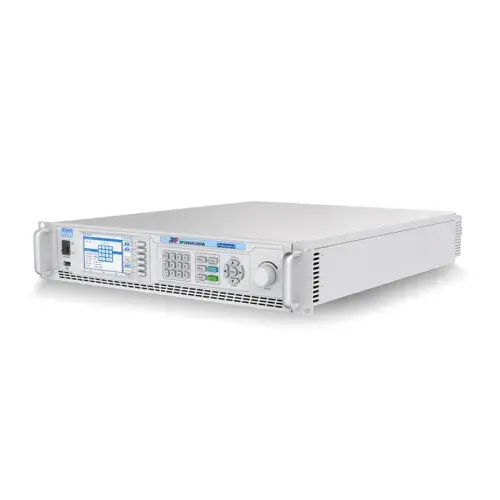AC Power Supply continuously changes direction, flowing back and forth in a sinusoidal waveform. It is used for most household appliances and industries. DC Power Supply flows in a single direction and is commonly used in small electronics and electronic circuits.AC (alternating current) and DC (direct current) are two different types of electrical Power Supply. Here is a detailed explanation of their differences: 1. Nature of Current: - AC: Alternating current continuously changes direction, flowing back and forth in a sinusoidal waveform. It periodically reverses its polarity, meaning electrons move forward and then backward. AC is the type of electricity supplied by utility companies. - DC: Direct current flows in a single direction without changing polarity. Electrons move only in one direction from the negative terminal to the positive terminal. DC is commonly produced by batteries and solar cells. 2. Generation: - AC: AC power can be easily generated using alternators, which are electromechanical devices that convert mechanical energy into electrical energy. Most power plants use AC generators to produce electricity. - DC: DC power is generated by converting AC power into DC using rectifiers. This conversion can occur through diodes or electronic converters. Batteries and solar panels naturally produce DC power. 3. Voltage and Frequency: - AC: AC Power Source systems have varying voltage levels and frequencies worldwide. Common voltages include 110-120V (in North America) and 220-240V (in Europe and most other countries). The frequency typically ranges between 50-60 Hz. - DC: DC power has a constant voltage level. Batteries can provide a specific voltage like 1.5V or 9V, and the voltage remains steady until the battery discharges. Solar cells generate relatively low DC voltage, which needs to be converted for practical use. 4. Power Transmission: - AC: AC power has an advantage in long-distance transmission over high-voltage power lines. It can be easily stepped up or down using transformers, reducing transmission losses and making it more efficient. - DC: DC power is suitable for short-distance transmission but has higher transmission losses over long distances. To overcome this, high-voltage direct current (HVDC) transmission systems are used, which require complex conversion and switching equipment. In summary, AC power is characterized by its varying voltage and frequency, easy generation, efficient transmission, and widespread usage. On the other hand, DC power has a constant voltage, simpler generation through conversion, limited transmission efficiency, and is commonly used in small electronics.





